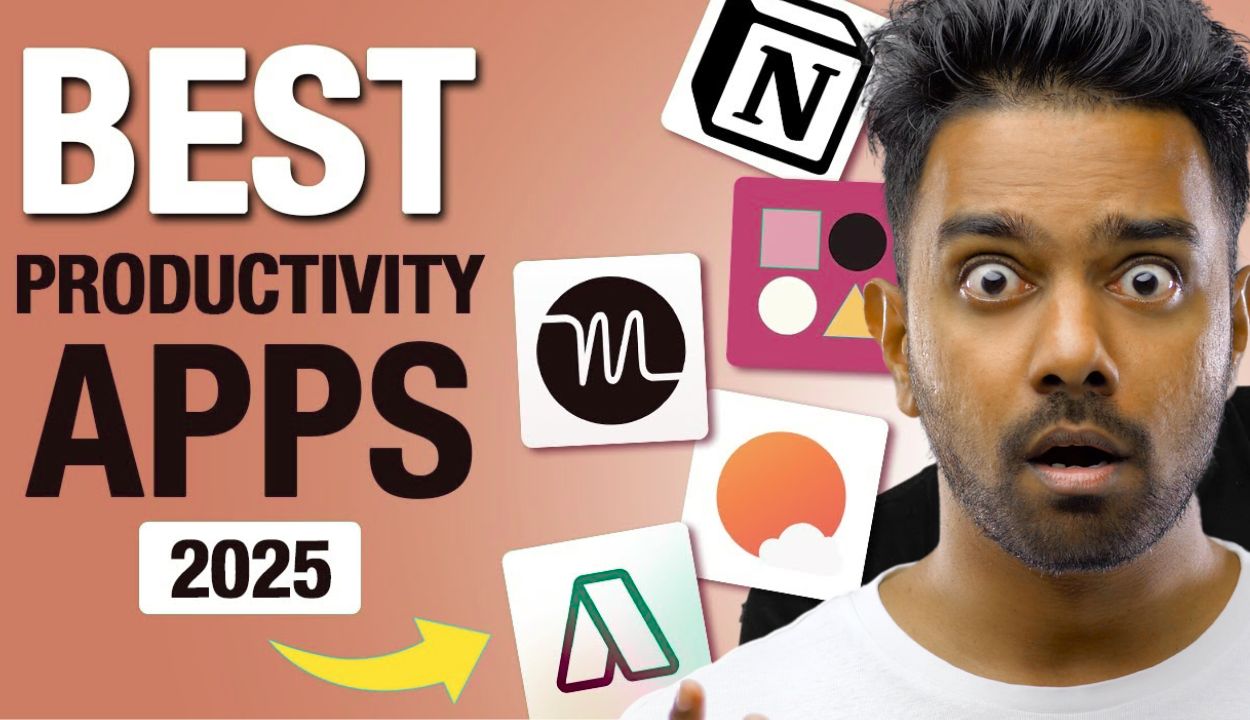In a world where time is money and organization is key, productivity apps have become our digital assistants. If you’re trying to figure out which one suits your workflow best, this guide breaks down four of the top productivity tools: Notion, Evernote, Google Keep, and Microsoft OneNote. Whether you’re a student, a busy professional, or just looking to level up your daily routine, we’ve got you covered.
1. Notion
🧠 Best For: All-in-One Workspace Lovers
Pros:
- Combines note-taking, task management, wikis, and databases.
- Clean, minimalistic design with tons of templates.
- Ideal for personal use and team collaboration.
- Cross-platform: Web, iOS, Android, Windows, Mac.
Cons:
- Has a learning curve, especially for beginners.
- Can get slow with large databases or many elements.
- Offline functionality is limited.
Verdict:
If you’re into flexibility and want to build your own productivity system, Notion is a winner.
2. Evernote
📚 Best For: Heavy Note-Takers and Researchers
Pros:
- Excellent note organization with tags, notebooks, and stacks.
- Great for saving web clippings and PDFs.
- Powerful search—even scans text in images.
- Syncs across all devices.
Cons:
- Expensive premium plans.
- Development pace has slowed in recent years.
- Can feel cluttered for minimalists.
Verdict:
Perfect for those who need advanced note management and archiving—especially students and researchers.
3. Google Keep
🗒️ Best For: Quick Notes and To-Do Lists
Pros:
- Fast and simple interface.
- Great for voice memos and checklists.
- Auto-syncs with your Google account and integrates with Google Workspace.
- Works offline.
Cons:
- Lacks advanced organization features.
- Notes can get chaotic with long-term use.
- Not ideal for complex project management.
Verdict:
Great for capturing ideas on the go. Think of it as your digital sticky note pad.
4. Microsoft OneNote
📘 Best For: Digital Notebook Enthusiasts
Pros:
- Familiar notebook-style interface.
- Seamless integration with Microsoft Office and Teams.
- Handwriting support is amazing (great for tablets and stylus use).
- Free and feature-rich.
Cons:
- Slightly dated UI.
- Syncing can occasionally be buggy.
- Organization can be a bit confusing at first.
Verdict:
Ideal for students, educators, and anyone who enjoys a traditional notebook feel with digital perks.
Final Thoughts: Which One Should You Choose?
| App | Best For | Key Strength | Weakness |
|---|---|---|---|
| Notion | Custom productivity setups | Flexibility | Learning curve |
| Evernote | Deep research + content storage | Advanced note tools | Price |
| Google Keep | Quick reminders and voice notes | Simplicity | Lacks depth |
| OneNote | Notebook-style note taking | Office integration | Slightly clunky UX |
Choose Notion if you love to customize everything.
Go with Evernote if you’re building a personal knowledge base.
Use Google Keep for daily to-dos and quick ideas.
Try OneNote if you love writing notes the old-school way—digitally.



